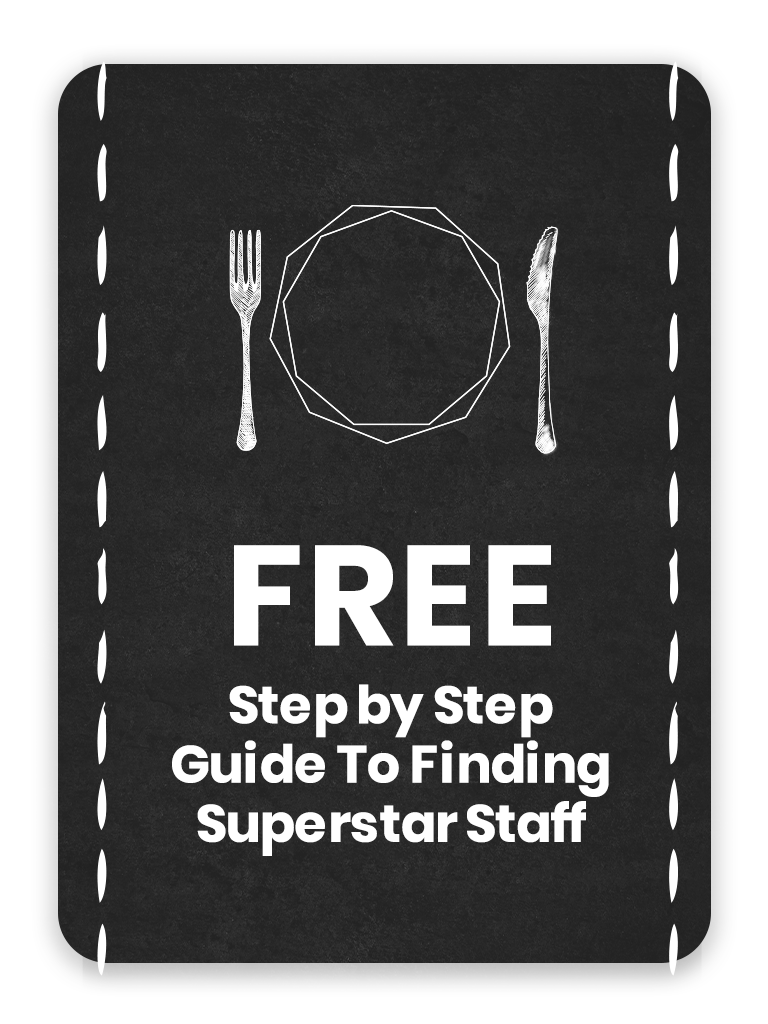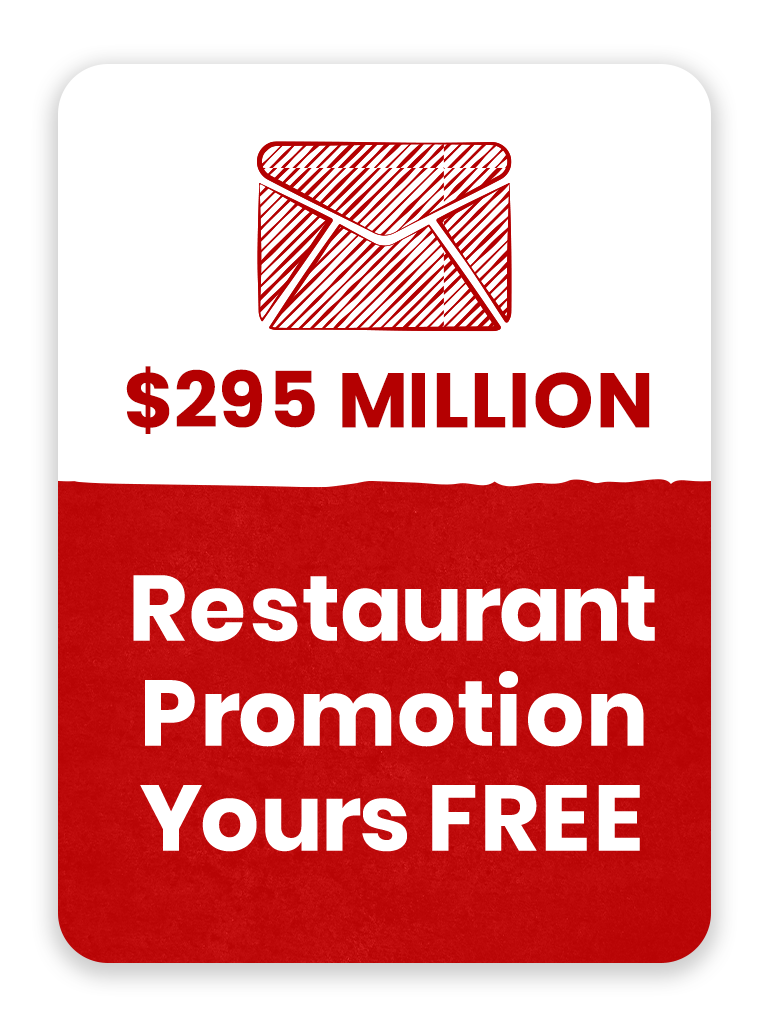Everyone agreed that they had no issue with tipping when it was for service rendered. They were happy to add gratuity to a bill when a person directly impacted their experience.
The BIG question is how do you define “service rendered”?
Someone had been at the wine store, and the cashier scanned their bottle and spun the tablet to get payment. 10%, 15%, or 20% tip was suggested. For running a bottle over a scanner. Is that service rendered?
The consensus was no. And the frustrating part is the psychological impact of those tipping options. Sure, somewhere on the screen is a tiny print with the option to bypass or give 0%, but it’s hard to see quickly, and to be honest, don’t we all feel pressure and perhaps guilt? It’s uncomfortable. We’re humans; that’s a natural feeling to have.

Where Did It All Start?
It was resisted by the general public, who felt they had to pay twice. But it took hold, and tipping became commonplace across the entire country. By the early 20th century, tips were left in restaurants and bars. Tipping had become a firmly established part of the service sector.
With the new technologies and payment systems, tipping has become an even more prominent part of American culture. While it is still seen by many as an act of generosity, it is often suggested as a contractual obligation.
And so, the debate continues whether or not the tipping culture has become out of hand – but there’s no doubt that it’s here to stay.
It may be time to reconsider how you define service and how you can differentiate the restaurant experience to make a tip warranted and welcomed, elevating you above your competition.
Tipping Is Not Just For Restaurants Anymore

There is no denying that good personal service and a memorable experience warrant a reward. However, with technology making tipping so accessible and effortless, it can be argued that people are sometimes encouraged to tip when they don’t want to, or it isn’t warranted.
Since it has become commonplace in various industries, it’s important to focus on the intention of tipping in the first place to ensure that your customers aren’t inclined to give up on tipping altogether.
But it’s also important that your customers don’t feel that pressure – a tip isn’t required. In the customer’s mind, it’s earned. Paying the bill is usually the last thing a customer does in your business; you do not want it to be a negative experience, ending their visit on a sour note. Don’t let your terminals or technology impact their experience in your business; the experience is what it is all about.
Because in the end, they will make their decision with their wallet. To come back and give you money or someone else.
Tipping Will Impact Your Business
You don’t just sell food. Thinking that people return to you solely because of your food is believing you are a commodity business. Any business that focuses exclusively on the product is missing the mark. What you are selling is how your product makes them feel – you are selling the experience around your food, and people are willing to pay more for an experience or how it solves a problem for them, filling a need.
Consider selling a Maserati. If you consider yourself a commodity, you are selling a means to get from point A to B. Cars. Transportation. Why would anyone buy a Maserati to do that when a Honda Civic will do the same thing for significantly less cost? Because selling a Maserati is selling luxury, status, confidence, power, success, and performance.
Your restaurant is selling an experience, something that cannot be found anywhere else. It’s more than just the food. It’s a gathering of friends and family, a romantic date spot, or a place to unwind after a long day.
Your restaurant can offer so much more than just good food – you provide customers with memories, memorable connections, and feelings that create lasting impressions.
Regarding restaurant tipping, the impact of the customer experience becomes even more critical. Tipping is no longer just about how much you’re making off the meal or how good the food was—it’s about how memorable the restaurant experience was for your customers. When customers feel like they had an enjoyable and unique experience at your restaurant, this shows in their tipping habits.
It’s important to remember that restaurant tipping is directly related to customer experience. As the restaurant industry faces increasing competition, you must ensure your staff has everything they need to provide customers with a memorable and enjoyable experience.

The Big Lebowski (Idea)
Creating a culture where customer service and memorable experiences are prioritized will help ensure your restaurant stands out. Train your restaurant staff to provide excellent customer service from the moment customers walk in until they leave. Take the time to make sure every step of their restaurant experience is enjoyable—from how quickly food is served, how clean your bathrooms are, to what kind of ambiance you create.
TRAIN, TRAIN, TRAIN, and then TRAIN SOME MORE!
Your staff needs to understand that the level of service and the experience your guests have will determine how much they directly make. And will dictate your return rate for customers.
*** And remember that your staff can not deliver a greater level of service than they have experienced for themselves.
Set Yourself Apart From The Competition
That way, you can ensure that your restaurant provides customers with the best possible experience that will keep them coming back for more. By focusing on customer experience, you can set yourself apart from the competition and create an unforgettable restaurant experience every time.
Challenge your staff to create a memorable experience for which guests are willing to tip. Focus on how a visit to your restaurant makes your customers feel. You might be surprised by what it can do.
How’s your staff?
Are they superstars?
Or do you need an upgrade?
Locating, enticing, and hiring the best staff in your local area is a function of your MARKETING! And let me tell you, the good ones are already working somewhere.
If you need help getting staff, part-time, full-time, or seasonal…click the button below and set up a FREE Hiring Consult with a DFY Hiring Marketing Expert. We have a whole program to get the word out and attract the right people you so desperately seek for your restaurant.


Michael Thibault
Known as “The Done For You Marketing Guy for Restaurants.” International Speaker on Restaurant Marketing. Published contributing author of 4 Marketing Books. Industry expert on Google Searches and Review Sites. Recovering Independent Restaurant Owner and Caterer of over 21 years. And, all-around good guy.





